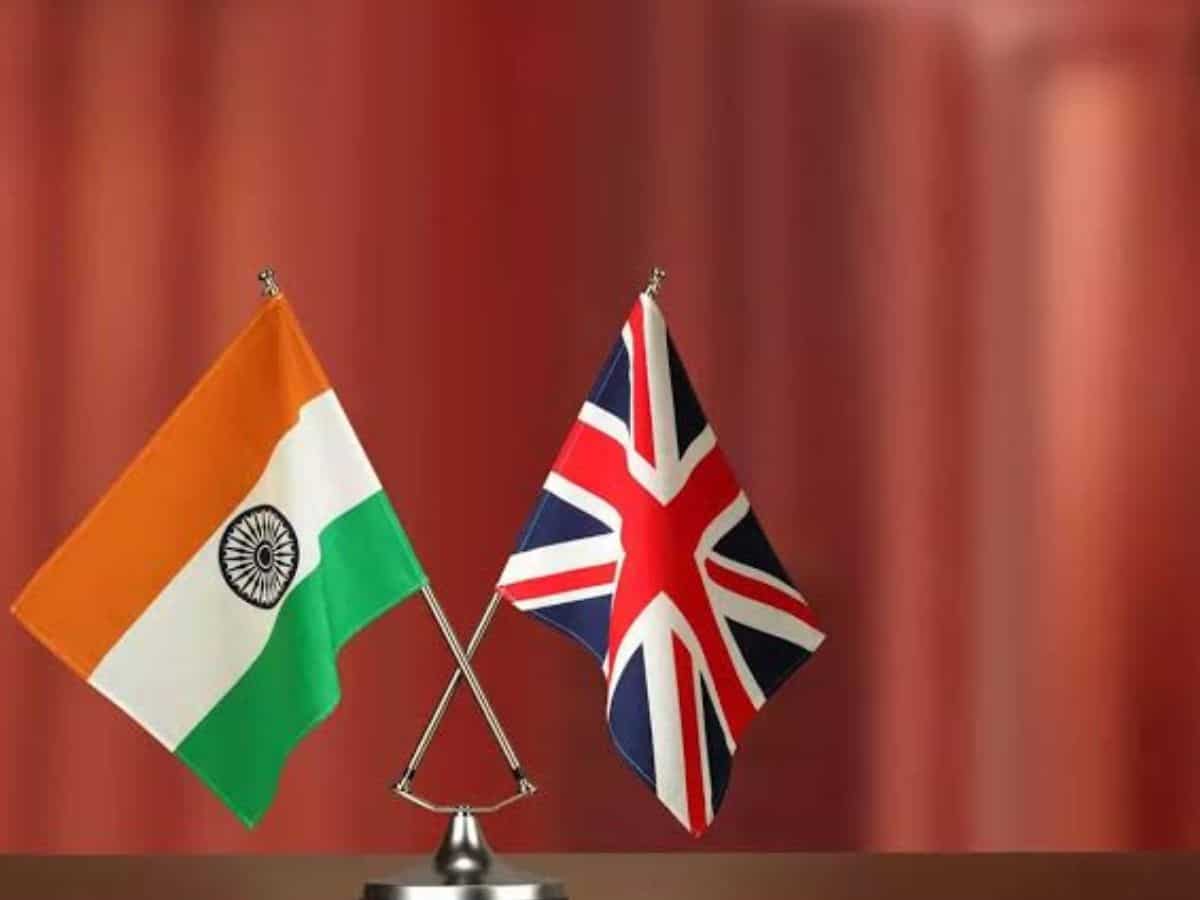
London: A trade deal being negotiated with India is “possible” to be concluded before a general election in the country but Britain does not want to use that as a deadline, UK Secretary of State for Business and Trade Kemi Badenoch said in London on Thursday.
The minister in charge of signing off on the free trade agreement (FTA), now in its fourteenth round of negotiations, pointed to India’s protectionist economy in comparison with the UK’s liberalised regime as one of the factors behind the long-drawn discussions.
Badenoch, who was speaking during a Global Trade conference at the think tank Chatham House, stressed that she wanted to ensure a “commercially meaningful” pact as opposed to just a pre-election picture opportunity.
“India is still very protectionist where we are very, very liberalised,” said Badenoch.
“I am not interested in just taking a picture and moving on. It has to be something that is commercially meaningful. People need to be able to say ‘ah now I can do this’, like we had with our Australia agreement or with Japan for example,” she said, referring to FTAs with the two major economies.
On the timeline for getting to the finishing line with the talks with India, she added: “We can actually sign an agreement before the Indian election. I suspect that that is not necessarily going to be the case because I don’t want to use any election as a deadline.
“It is possible that that will be done but I am very resistant to deadlines being set on trade negotiations because it runs down the clock. It is very possible that we can sign but I am not using it as a deadline for the work that I am carrying out basically.”
India and the UK have been negotiating an FTA since January 2022 with the aim of significantly enhancing the GBP 36-billion bilateral trading partnership. The thirteenth round of talks concluded on December 15 last year, with both sides hopeful that the ongoing fourteenth round will end in an agreement.
The UK wants India to significantly reduce tariffs on UK exports such as food, cars and whisky that can currently be as high as 150 per cent. India in turn is concerned over the fairness of rules applied to Indian workers temporarily transferred to the UK on business visas who have to pay national insurance, despite not being eligible for UK pensions or social security benefits.
In her keynote address at the trade conference on Thursday, Badenoch noted: “I have to strike the right balance between embracing the import of goods from developing countries to help them grow with the need to maintain the high standards on quality and safety which the British people rightly expect. We make choices.
“Our free trade agreements are helping us make the right choices because they are all about diversification and resilience. That is what the Indo-Pacific tilt is about, but we need to make sure that the facts are out there.”
With both India and the UK set for a general election this year, signing off on a trade agreement has taken on particular urgency before leaders on both sides get into campaign mode.



